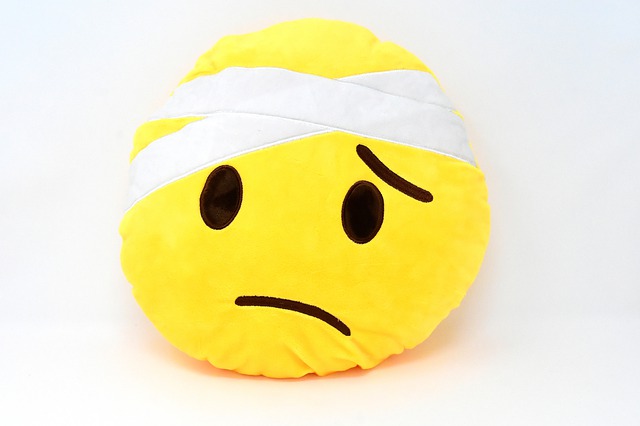
They is MDPI Proceedings, which has pulled a 2017 paper, “Role of Happiness as a Habitual Process.” The reason:
The paper was not ready for final publication and was put online in error. The paper will be marked as retracted. We apologize to the author and readers for any inconvenience.
The author, Pujarini Das, is a PhD student in philosophy at the Indian Institute of Technology in Kanpur. Das told us that she’d submitted the article to a conference on digitalization and sustainability. The paper was accepted, but Das said she was unable to attend the meeting.
Later on, it was published as an article. However, I do not want to further proceed with this paper for publication.
Good times, it seems, will have to wait.
Update, 1430 UTC, 9/5/18: MDPI publishing services manager Martyn Rittman tells us:
For Proceedings (unlike other MDPI journals), we rely on the conference organisers to collect papers and conduct peer review. They then send the papers to us. In this case, the author contacted us after publication to say that she had not received an acceptance confirmation for the conference, the work was not yet ready for publication, and she did not want it included in the journal. After discussion with the conference organisers, we decided to honour the author’s request and retract the paper.
Hat tip: Rolf Degen
Like Retraction Watch? You can make a tax-deductible contribution to support our growth, follow us on Twitter, like us on Facebook, add us to your RSS reader, sign up for an email every time there’s a new post (look for the “follow” button at the lower right part of your screen), or subscribe to our daily digest. If you find a retraction that’s not in our database, you can let us know here. For comments or feedback, email us at [email protected].
Love the wounded smiley face!
I use pixabay as a goldmine of more than a million free images, many very good like this one.
I coped recently with a similar situation for a work published by MDPI on their platform devoted to proceedings, SciForum. The submitted work was connected to the “1st International Electronic Conference on Crystals” and the MDPI journal “Crystals”. All was done in a rush, and the published version was something like a pre-pre-pre-draft, full of typos, inconsistencies, etc. All the process was really at full speed: the paper was submitted on June 20, probably accepted the same day, and published on… May 21!
https://sciforum.net/manuscripts/5245/manuscript.pdf
The paper was eventually retracted, without the formal agreement of the co-authors, on August 03:
https://sciforum.net/paper/view/conference/5472
I’ve published with MDPI before and I have pretty mixed feelings about them as a publisher. And this latest incident doesn’t surprise me at all.
I think they’re operating very much on a low-cost, high volume business model. Many of their APCs are cheaper than other OA publishers and you can see that they have made savings with things like having authors do most of the typesetting by using MDPI’s article templates. They will typically start journals up with a free period, then ramp up the APC as a journal becomes more established.
https://sustainingknowledgecommons.org/2018/05/16/mdpi-pricing-thanks-to-mdpi-ceo-franck-vazquez-phd/
While they do peer review, I didn’t find most of my reviews particularly rigorous. This could be due to the short deadlines that they put on their reviewers – something like 10 days, which is not a lot of time for deep scrutiny. But it does keep things ticking over.
So with this kind of low cost, high speed, high volume culture, I’m not surprised that weird things like this slip through.
APC : https://www.mdpi.com/apc
= “Article processing charges” paid to MDPI by article authors. All published MDPI content is open access, and published under the Creative Commons license. So – if one wants one’s article public read by the ‘hoi polloi’ go MDPI.
From a potential author point-of-view: when one groups together with fellows the cost of publication can fall as low as a couple of hundred dollars.
Paying for one’s own publication shows that authors have ‘skin in the game’; AKA commitment.
That’s an … interesting perspective. I would have thought that applying for grants, doing the research, writing the article, responding to peer review, etc. would be sufficient. Paying to publish can also be form of advertising, or producing information that wouldn’t pass peer review in a serious journal. You might want to look at some of the other articles on this blog.